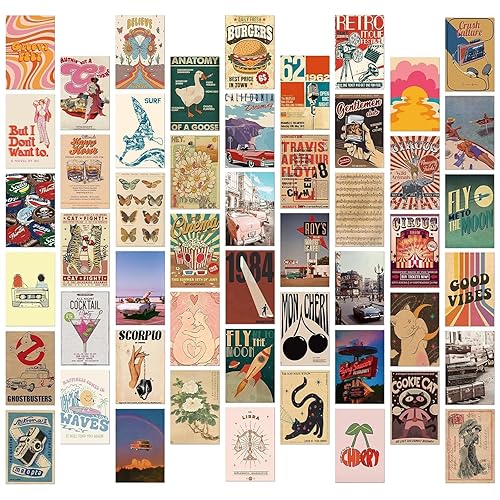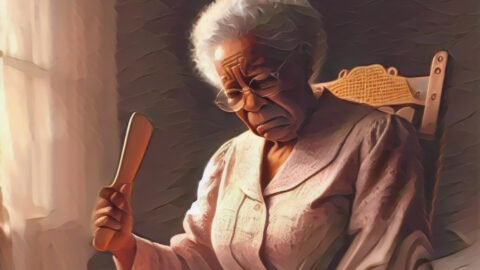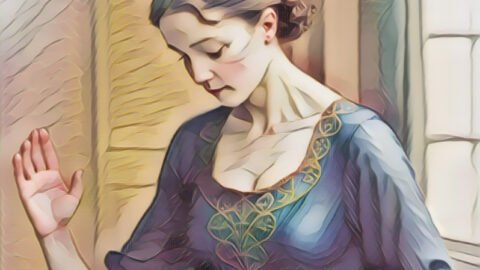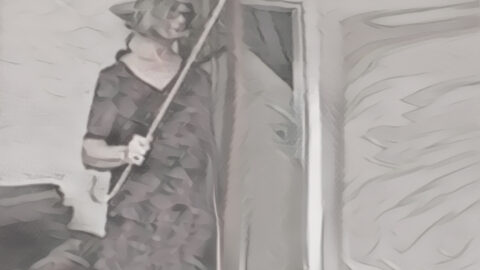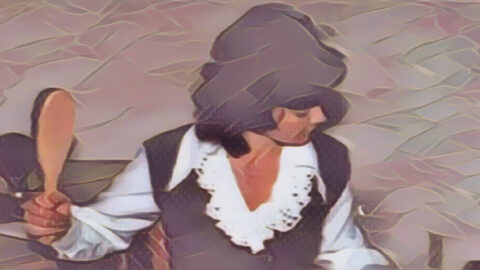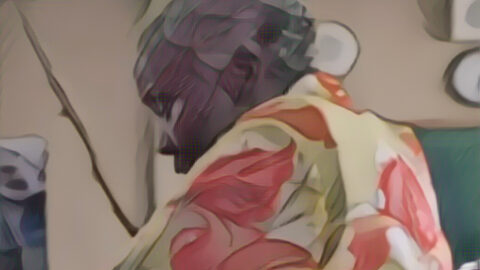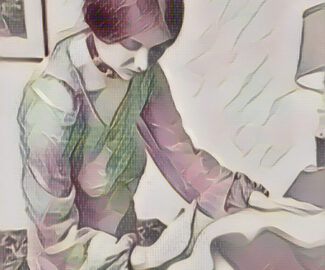My childhood unfolded in a small, sleepy town where the days seemed to stretch endlessly, golden and slow, and the air was always tinged with the scent of cut grass and distant bonfires. Our house was modest, tucked on a quiet street lined with sycamores, their leaves whispering secrets in the breeze. Inside, the rooms were filled with the gentle clutter of family life—half-read books, mismatched mugs, the faint aroma of my mother’s lavender hand cream lingering in the hallway.
It was the late 1970s, a time when the world outside felt both thrilling and dangerous, especially to a child on the cusp of adolescence. The radio was alive with the raw, electric pulse of Punk Rock—a sound that seemed to crack open the sleepy calm of our town and let in something wild and new. I had just discovered this music, and it felt like a secret rebellion, a private language that belonged to me and my friends alone. The guitars were jagged, the drums relentless, and the lyrics—well, the lyrics were a litany of forbidden words, each one a tiny act of defiance.
The f word, when it blared from the speakers, was a badge of honor, a signal that you were in on the joke, that you understood the world was bigger and messier than adults let on. But when a song dared to drop the c word, it was as if the universe itself had paused, holding its breath. Those words were dangerous, electric, and I craved them, the way some kids craved sweets.
I can’t recall the exact song that was playing that afternoon, only the sensation—the music pounding through my chest, the windows rattling in their frames, my heart racing with the thrill of it all. The sun was slanting through the curtains, painting stripes across the worn carpet, and I was sprawled on my bed, lost in the noise. My mother’s footsteps approached, steady and purposeful, and I felt a flicker of annoyance. She was always so composed, so careful, her patience stretched thin by the chaos I brought into her orderly world.
She entered my room, her face set in that familiar mask of weary determination, and told me to turn the music down. I could see the lines of fatigue around her eyes, the way her hands trembled just slightly as she reached for the volume. I was old enough to recognize the worry behind her sternness—the way she tried to protect me from the world, and from myself. But in that moment, I was all bravado, all adolescent swagger.
“Make me,” I said, my voice sharp with defiance, as I turned the dial back up, letting the music crash over us both. For a heartbeat, the room was suspended in tension, the air thick with challenge.
Her response was swift and unyielding. “You leave me no choice,” she said, her voice low and steady, the words heavy with finality. She took me firmly by the arm—her grip surprisingly strong—and led me out of my sanctuary, down the hallway to the living room. The familiar space felt suddenly foreign, the afternoon light cold and unforgiving.
At her sewing table, she bent me over with a practiced motion, her movements efficient but not unkind. There was a ritual to it, a sense that this was not just about punishment, but about boundaries—about love expressed in the only way she knew how. She disappeared for a moment, returning with an old hairbrush, its wooden back worn smooth by years of use. It had belonged to my grandmother, passed down for moments just like this—a relic of a sterner age.
(short pause) “You will get a baker’s dozen,” she announced, her voice trembling just a little, as if she hated this as much as I did.
(pause) The world seemed to shrink to the narrow strip of carpet beneath my feet and the hard edge of the table pressing into my stomach. I could hear the faint ticking of the clock, the distant hum of a lawnmower outside, and the soft, almost apologetic creak of the floorboards as my mother shifted her weight. My heart hammered in my chest, each beat echoing in my ears, and I felt a cold sweat prickle at the back of my neck. The air was thick with anticipation, heavy with the scent of lavender and the faint tang of furniture polish.
(pause) The first smack landed with a crack that seemed to split the air, louder than any punk song I’d ever played. The pain was immediate—a sharp, stinging heat that radiated outward, blooming across my skin. I gasped, the sound involuntary, and my fingers curled into the fabric of my jeans. The hairbrush was unyielding, its wooden back biting through the thin layer of denim, and the shock of it sent a jolt up my spine. Each blow was a punctuation mark, a reminder of the line I’d crossed. The rhythm was relentless, the sound echoing off the walls, mingling with the distant hum of traffic outside.
(pause) With every smack, my embarrassment deepened, my bravado crumbling. I could feel my face burning, my eyes prickling with tears I refused to let fall. The pain was layered—physical, yes, but also emotional, a wave of humiliation that left me raw and exposed. I was acutely aware of my mother’s presence, the way her jaw was set, the sadness in her eyes. She wasn’t angry, not really—just disappointed, and that hurt more than anything. The sting of the brush was matched only by the ache in my chest, a hollow, twisting shame that made me want to disappear.
(pause) By the fifth or sixth smack, the ache had settled deep, a throbbing reminder of my defiance. I squirmed, but her grip was steady, her resolve unwavering. The brush rose and fell with mechanical precision, each impact blurring into the next, until I lost count and could only focus on the burning heat spreading across my skin. The room seemed to close in around me, the walls pressing closer, the air thick and hard to breathe. I could smell the faint trace of my mother’s perfume, mingling with the sharp scent of my own fear.
(pause) The final blows seemed to stretch on forever, each one a lesson etched into my memory. My legs trembled, my breath coming in ragged gasps, and I bit my lip to keep from crying out. When it was over, she set the brush aside with a sigh, her shoulders slumping as if the weight of the world had settled there. The silence that followed was almost deafening, broken only by the sound of my own shaky breathing and the distant, indifferent world outside.
(pause) I was left standing in the quiet aftermath, my skin burning, my pride in tatters. The room felt different—emptier, somehow, as if the air itself had shifted. My mother didn’t say anything more; she just looked at me, her expression softening, and I understood that this was her way of loving me, of keeping me safe in a world that could be harsh and unforgiving. I rubbed at the sting, feeling the heat radiate through the fabric, and tried to steady my breath. The pain lingered, a dull throb that would fade, but the lesson—sharp, clear, and bittersweet—would remain.
(pause) That day, the lesson was seared into me—not just by the sting of the hairbrush, but by the knowledge that boundaries mattered, that love could be fierce and painful, and that growing up meant learning when to push and when to yield. The memory lingers, vivid and bittersweet, a reminder of innocence lost and the complicated tenderness that shaped my childhood.
